Health and the phenomenon of antimicrobial resistance in low and middle income countries of Eastern Europe
- 407 views
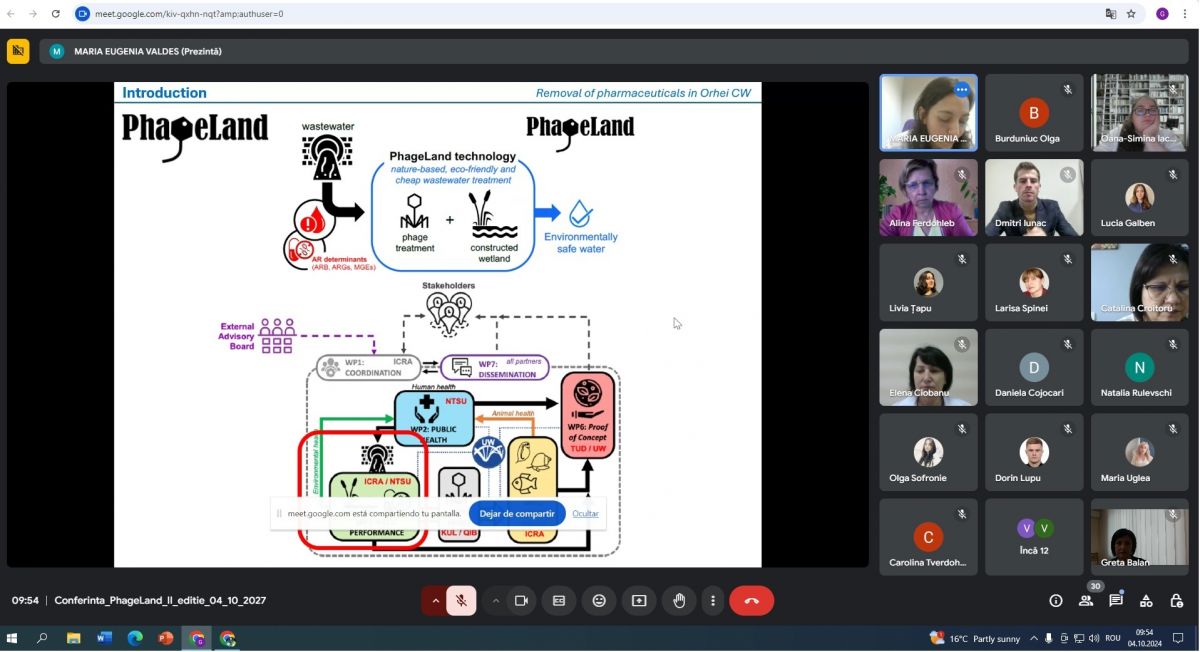 "Health and the phenomenon of antimicrobial resistance in low- and middle-income countries of Eastern Europe" was the theme of a national scientific-practical conference, 2nd edition, where results of the transnational multilateral project Phage treatment and wetland technology as intervention strategy to prevent dissemination of antibiotic resistance in surface waters (PhageLand) for the year 2024 were presented. The scientific event took place on October 4, in a mixed format.
"Health and the phenomenon of antimicrobial resistance in low- and middle-income countries of Eastern Europe" was the theme of a national scientific-practical conference, 2nd edition, where results of the transnational multilateral project Phage treatment and wetland technology as intervention strategy to prevent dissemination of antibiotic resistance in surface waters (PhageLand) for the year 2024 were presented. The scientific event took place on October 4, in a mixed format.
The conference was organized by the National Institute for Health and Medical Research within Nicolae Testemitanu State University of Medicine and Pharmacy in collaboration with the National Agency for Research and Development and the Ministry of Health of the Republic of Moldova. The purpose of the event was to publicize the new results obtained by the project implementation team in the Republic of Moldova in recent months.
The work of the conference was held in 3 sections, each being assigned to a key field: the multisectoral approach in the phenomenon of antimicrobial resistance, the one health approach and its relevance in public health, promoting the quality of life of the population in low and middle income countries.
 The event brought together teaching staff, resident doctors, students, practitioners and scientific researchers from various fields such as: microbiology, epidemiology, social medicine, hygiene, pharmacology, surgery and internal medicine. The 16 oral communications delivered by members of the project team and young researchers built a complex picture of the phenomenon of antibiotic resistance (AMR), addressing the current situation in terms of the phenomenon evolution and identifying countermeasures. In this context, specialists came up with recommendations regarding the improvement of indicators and the quality of life of the population related to AMR in the Republic of Moldova.
The event brought together teaching staff, resident doctors, students, practitioners and scientific researchers from various fields such as: microbiology, epidemiology, social medicine, hygiene, pharmacology, surgery and internal medicine. The 16 oral communications delivered by members of the project team and young researchers built a complex picture of the phenomenon of antibiotic resistance (AMR), addressing the current situation in terms of the phenomenon evolution and identifying countermeasures. In this context, specialists came up with recommendations regarding the improvement of indicators and the quality of life of the population related to AMR in the Republic of Moldova.
Alina Ferdohleb, Associate Professor at Nicolae Testemitanu Department of Social Medicine and Management, mentioned that the presented research was closely related to the purpose of the project, namely: to combine the self-purification capacity of constructed wetlands and the specificity of beeches to eliminate antimicrobial resistance, including analysis of multidrug-resistant human pathogens and their resistance genes in wastewater prior to discharge to surface waters, requiring detailed analyzes of the AMR situation, determinants and appropriate legislative solutions.
The "Phage treatment and wetland technology as intervention strategy to prevent dissemination of antibiotic resistance in surface waters (PhageLand)" project, code 22.80013.8007.1M, was developed by Nicolae Testemitanu University together with the partners in the Consortium within the JPIAMR Multilateral Call HARISSA/Joint Program Initiative (JPI) Antimicrobial Resistance "One Health Interventions to prevent or reduce the development and transmission of Antimicrobial Resistance, AMR".
The project implementation period is 2022-2025, the partners are 6 research institutions from 5 countries: Spain, Poland, Belgium, Great Britain and the Netherlands.
More information about the project can be found on the website: https://phageland.com/
Preluarea informației de pe site-ul USMF „Nicolae Testemițanu” poate fi efectuată doar cu indicarea obligatorie a sursei și a linkului direct accesat pe www.usmf.md.















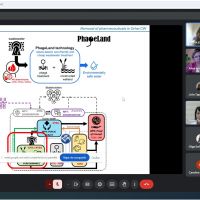
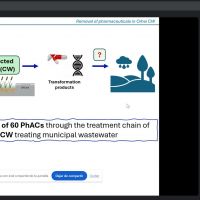

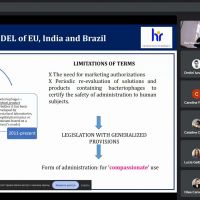
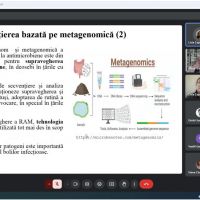
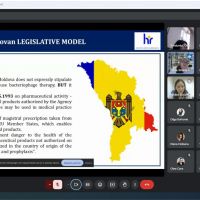

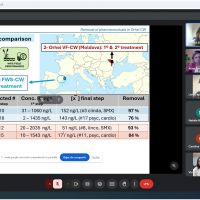
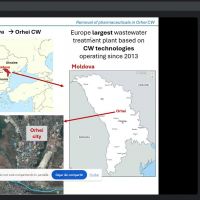
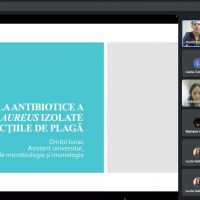

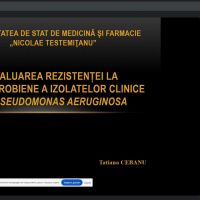
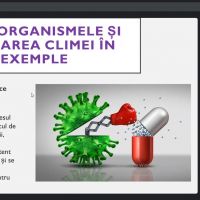
Comentarii